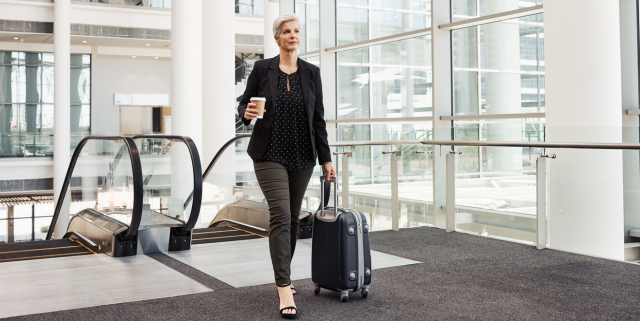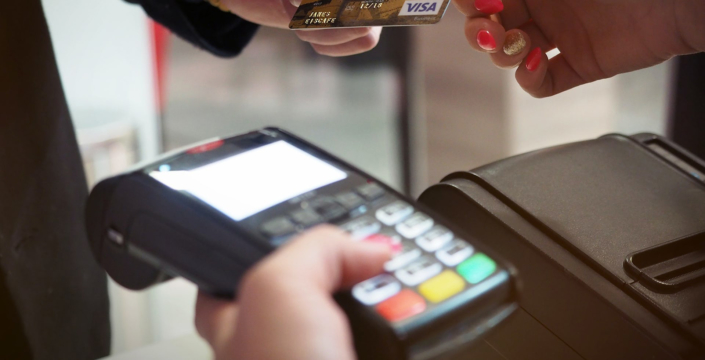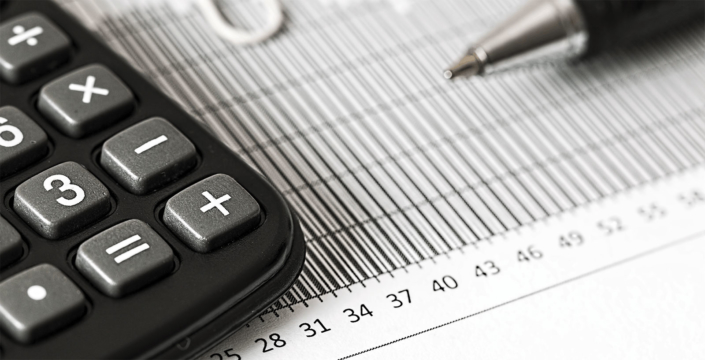Blog | All Posts | All Topics
Work-related travel expenses: How to track them and what to claim for your business
Many business owners and employees travel, so you’ll likely need to record work-related travel expenses. The good news is that business travel expenses are often tax deductible, so tracking them can help you save money on taxes. Tax deductions can lower your taxable income, so you could pay less in taxes overall.
In this post, we’ll cover everything businesses need to know to track, record, and claim work-related travel expenses, including:
- What are work-related travel expenses?
- Business travel expenses you can claim
- What you can’t claim
- Records you need to claim business travel expenses
- How to track work-related travel expenses
What are work-related travel expenses?
Work-related travel expenses may include costs for business travel, accommodation, or meals. However, not all travel expenses qualify as work-related.
Many small businesses run into issues with the Australian Tax Office when they deduct travel expenses. It can be confusing to determine what counts as a qualified business travel expense and what doesn’t.
One of the key issues employers run into is understanding the line that separates personal and business expenses. So, the ATO established clear definitions for the types of expenses that qualify to be tax deductible.
Business travel expenses you can claim
To qualify as a work-related travel expense, you or your employees must be:
- Travelling away from your home and staying away overnight
- Able to prove that the travel was necessary for your business
Some of the common travel expenses businesses can deduct are costs for:
- Rental cars and additional fees for parking, fuel, tolls, etc.
- Public transport (bus, trains, etc.)
- Taxis or ride-share (Uber)
- Airfare (tickets and baggage costs)
- Accommodations (hotels)
- Overnight meals
What you can’t claim
You can’t deduct travel expenses that aren’t necessary for conducting business. In other words, you can’t deduct your holiday. However, you can deduct the travel costs to go to another city and meet with a client. In that case, you may deduct transport, hotel, and even some meal costs.
Other types of non-deductible travel expenses include:
- Leisure activities while on a business trip
- Holidays during business travel
- Travel insurance, visas, and other documents
- Gifts and entertainment
If you combine a business trip with holiday, then you can only claim the portion of the trip that was for business. For example, if you live in Perth and attend a work conference in Sydney, you can claim those costs. But, if you decide to stay in Sydney a few days after to sightsee, then the extra days and money doesn’t qualify.
To qualify part of those expenses, you’ll need to show how you separated the work from personal costs.
Records you need to claim business travel expenses
Businesses may cover employees’ work-related travel expenses through travel allowances. However, there are specific guidelines for how much an employee may spend daily on travel allowances, which we’ll cover later in this post.
To claim travel expenses, you’ll need to keep records. If you can prove something was a qualified business travel expense, you should have no issues with your tax return.
Businesses should keep these records for five years:
- Meal and other receipts
- Tax invoices
- Ticket stubs
- Boarding passes
- Travel diaries
You may be able to show proof that something is a work-related travel expense through:
- Signed contracts
- Meetings with documentation
- Proposals
- Email confirmations
How to track work-related travel expenses
Businesses can cover work-related travel expenses for employees and track them. To do this, you generally have three options:
- Pay for expenses directly with a company card or business bank account
- Set up a reimbursement program for travel expenses
- Pay employees a travel allowance
If your business covers travel expenses through any of the above methods, then employees can’t claim those on their personal taxes. Instead, you may be able to claim them and deduct the cost from business taxes.
Keep in mind if you offer travel allowances that they might trigger the fringe benefits tax, which is a separate income tax. For example, some businesses offer an employee a living-away-from-home allowance instead of a travel allowance. Because the employee is away from home to work for long periods, it might be considered a fringe benefit.
Businesses need to keep accurate records on those travel expenses. Here are some tips to help you track work-related travel expenses.
1. Educate employees on what they can claim
You can reduce errors and missing records by training employees on how to track travel expenses before they go on a trip. Even a simple checklist of what travel expenses you cover and don’t will be helpful.
Again, if you offer travel allowances, inform employees of the daily limits or reasonable amounts for meal, accommodation, and incidental expenses. The reasonable amounts vary depending on location and other factors, so consult ATO’s guidelines.
Additionally, your employees should keep all of their receipts and documents while travellingon business.
2. Track expenses and keep records
The ATO requires that businesses keep records for five years as proof of travel claims. There are several expense tracking apps that make it easier to save receipts and other documents.
The ATO app also has a myDeductions tool for sole traders. Larger small-to-medium enterprises will want to invest in a more robust tool. Accounting software like Xero and MYOB also have expense tracking features.
3. Log a travel diary
If you’re a sole trader or partner and travel for work for more than six consecutive nights, the ATO requires you to keep a travel diary. It’s a logbook of what you do and spend money on while traveling.
A travel diary can be in any format as long as it shows:
- The days you travelled
- What you did each day
- The times you did it
These entries should all correlate with the records you keep—this acts as an activity timeline with records.
Keeping a travel diary even for trips shorter than six nights might be beneficial. If you ask your travelling employees to keep a travel diary, you’ll have an extra way to verify their claimed expenses.
4. Track expenses with a bookkeeper
The ATO is particular about what you can and can’t claim for travel expenses, and it can be costly if you track them incorrectly. At the same time, business travel expenses can become complicated to track, deduct, and report. When your business is fast-growing and you have over 100 employees to track, this is especially true.
Online bookkeeping services like Visory can help you track, record, and report your travel expenses. Once you need to lodge your business taxes, you’ll have organised books that include all the documents the ATO may need.
To learn how Visory can help you manage work-related travel expenses, and all your back-office finance needs, chat with one of our bookkeeping experts. Once you schedule a time to chat, we’ll get to know your business and identify the best services for you.







